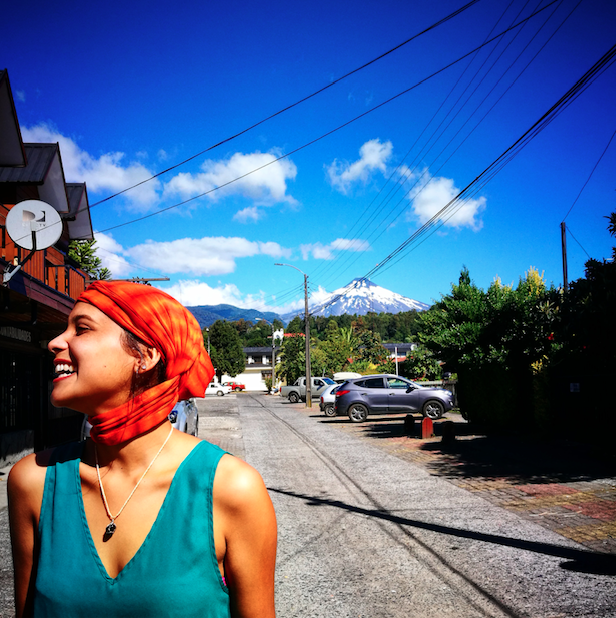The civil society organizations grouped under the Foro Cívico platform demanded respect for people’s sovereignty in the western Venezuelan state of Barinas, where the Electoral Chamber of the Supreme Court of Justice (TSJ) ordered a repeat of the elections for governor on January 9, 2022.
In a statement issued on November 30, the members of the platform recalled that the ruling that banned Freddy Superlano from running for office ignores a presidential pardon given to the former member of Parliament and candidate for governor of the state of Barinas in the November 21 elections.
These rulings “constitute an inadmissible and arbitrary interference by the Judicial Power in the November 21 elections and ignore the Presidential Decree of August 31, 2020, granting a pardon to 110 citizens, including candidate Freddy Superlano, ” the statement recalls.
The rulings violate people’s sovereignty
Although the Supreme Court recognizes that Mr. Superlano obtained more votes than the now former governor of Barinas and candidate of the ruling party, Argenis Chávez, “he could not” be elected due to a political interdiction issued by the Comptroller General of the Republic, even though he was allowed to present his postulation before the National Electoral Council and run on behalf of the opposition coalition, the Mesa de la Unidad Democrática (Democratic Unity Roundtable).
“By trying to divert the political conflict outside the institutional channels, the rulings of the Supreme Court seriously jeopardize the progress achieved so far on the path to rebuild the electoral institutions and the enforcement of the political rights of the Venezuelan people.”
The Foro Cívico held an active role in the process that led the Chavista-controlled National Assembly to appoint the most balanced board of directors of the National Electoral Power of the last two decades in May 2021
According to the statement, “it is critical for the rectors of the National Electoral Council to enforce the organ’s autonomy by demonstrating with actions its commitment to the reinstitutionalization of the country, the determined defense of the right to elect and get elected, and the reconstruction of democratic coexistence.”
The civil society organizations under the platform added that the rectors must respond to questions and provide information on the circumstances that allowed the postulation of Mr. Freddy Superlano, who went on to achieve a narrow victory in the November 21 elections in Barinas, a state ruled by the Chávez family since 1998.
A Setback to the reconstruction of the electoral path
The Foro Cívico highlights that “the rulings of the Supreme Court represent an important setback for the political and social actors of all leanings that have been working for a long time for a negotiated solution to the Venezuela crisis.”
At the end of the statement, the Foro Cívico demanded “respect for people’s sovereignty expressed at the polls on November 21 and support for the decision of the people to continue advancing in the reconstruction of the electoral path, the only way for Venezuelans to overcome the serious political, economic, and social conflict in the country.
Translated by José Rafael Medina




